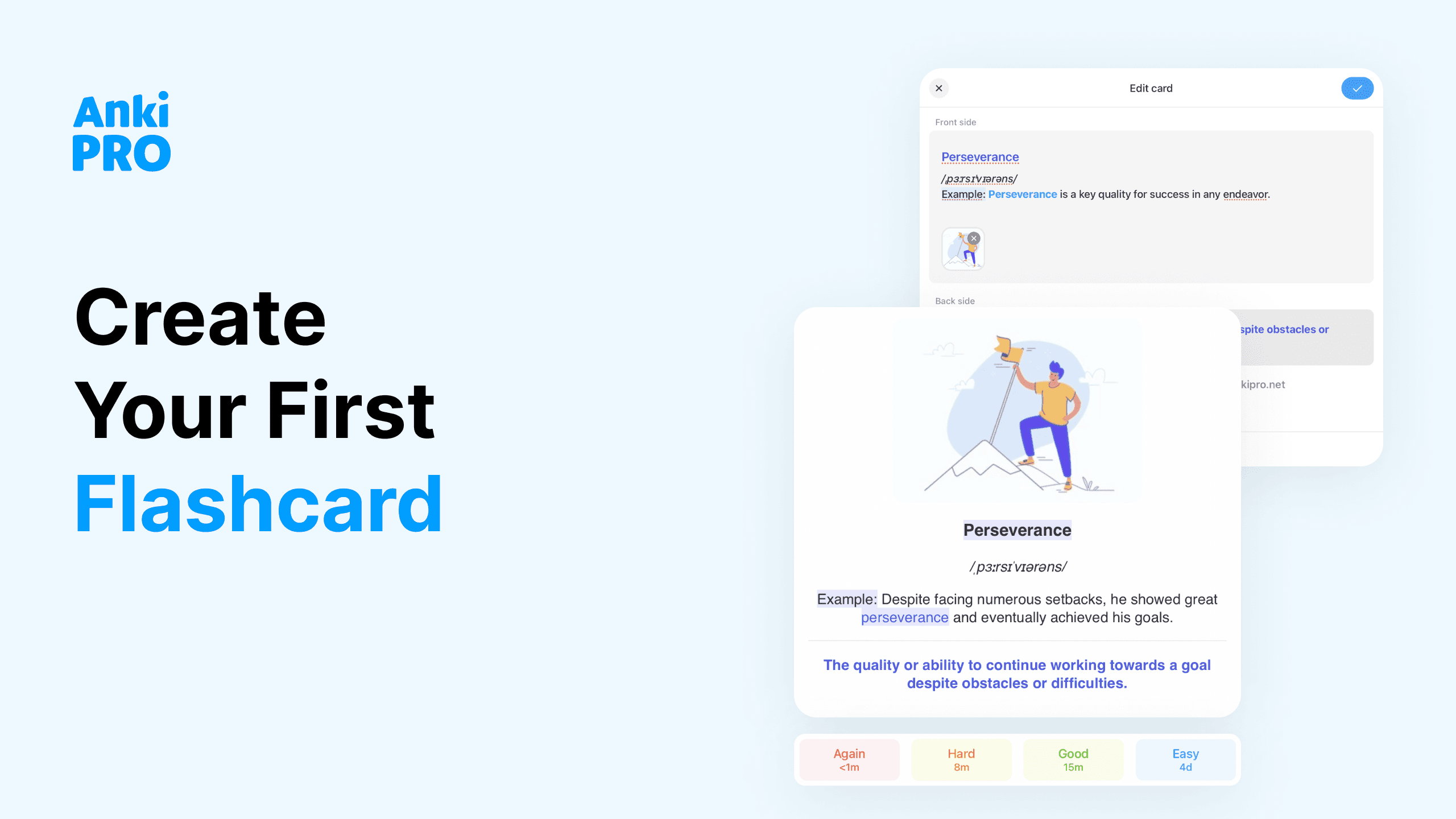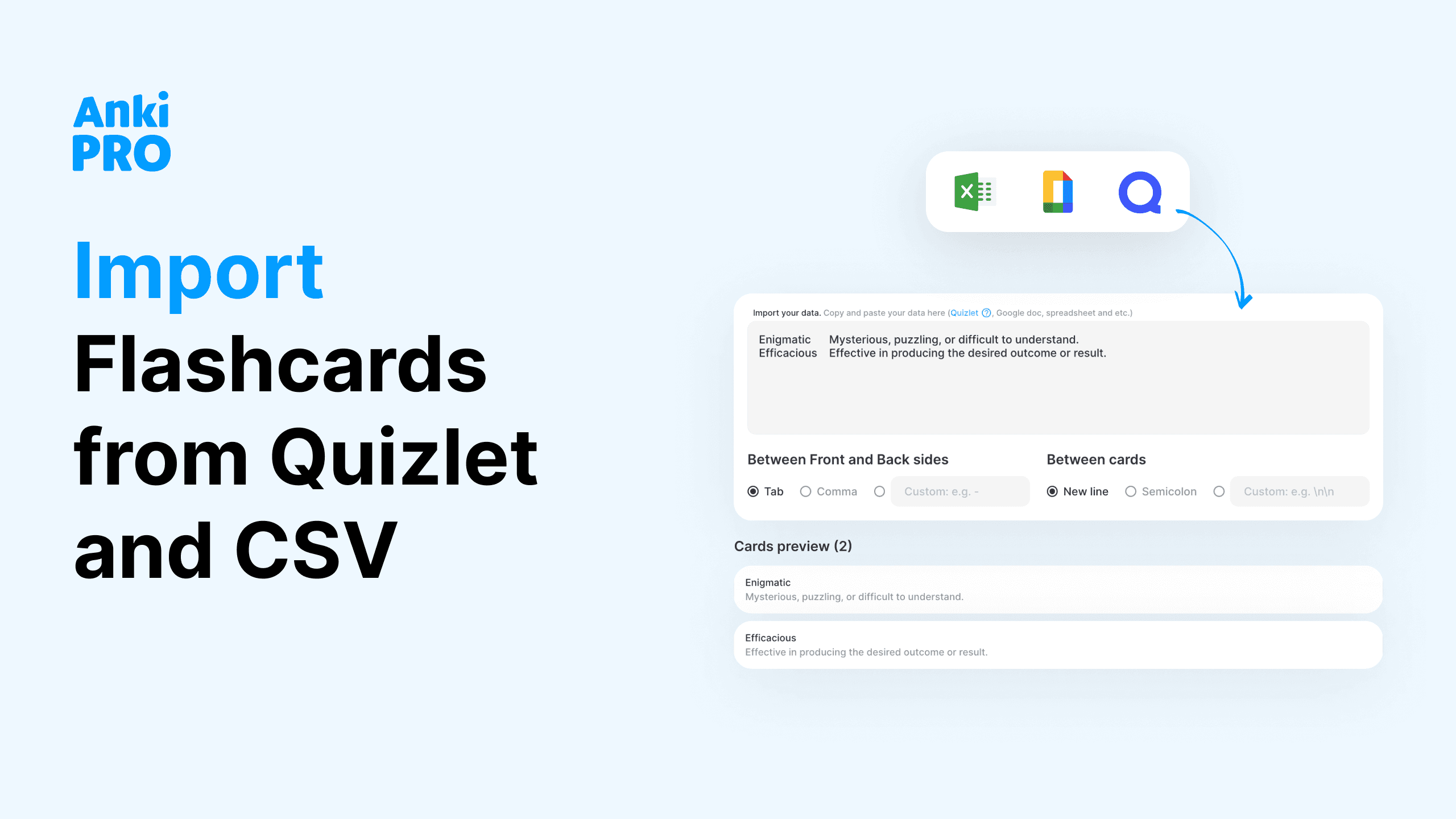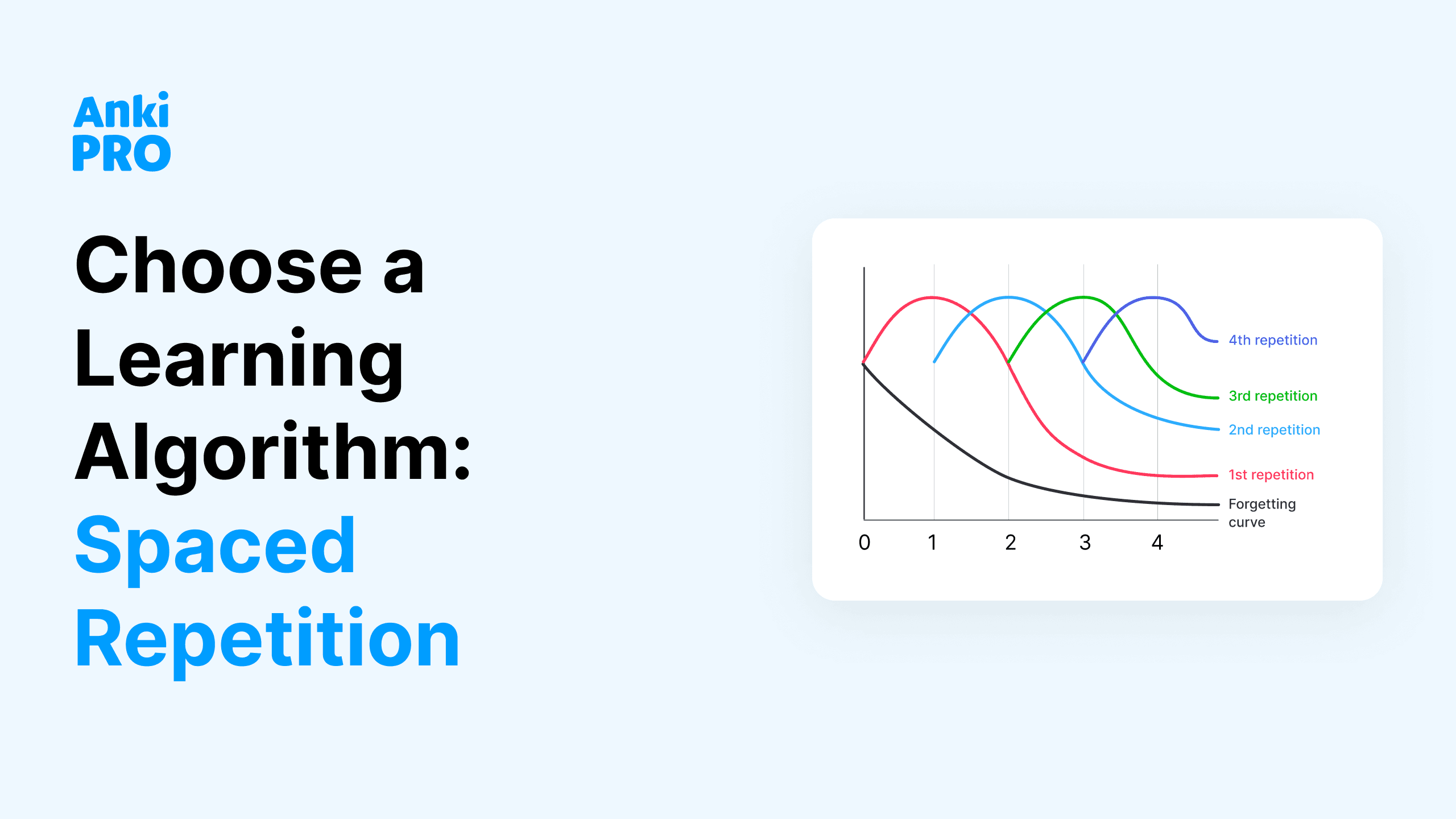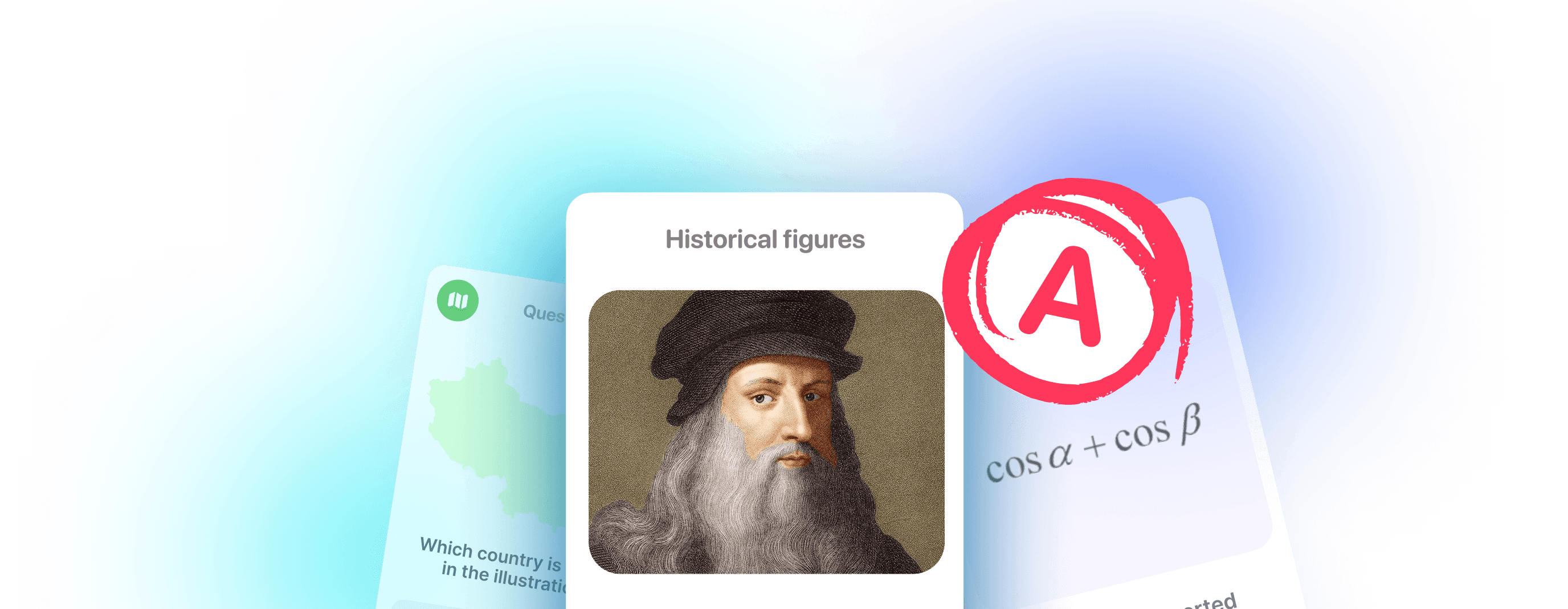The Language of Rammstein and Philosophy: How to Learn German
Learning German might sound scary because everyone is talking about its complicated grammar and a lot of other difficulties. But every language is hard at some point, you just need to find the right way to study it and organize the process well.
Why Learn German
German is the most common first language in Europe, with over 100 million native speakers across Germany, Austria, Switzerland, and parts of Belgium and Italy. A lot of universities in Germany offer scholarships for foreign students who are ready to study in German, so learning how to speak German the language can be very beneficial for your academic development and future career. Germany in general is very welcoming for qualified workers with a good knowledge of the language, so if you ever dreamed about moving to this country, you better start learning.
But practical matters aside, learning German to read Herman Hesse and understand Rammshtain songs are also very decent reasons!
Is German Really That Hard?
There are 3 main points that scare people away from learning German: complicated grammar, long words and “rude” sounding. The last one is a matter of taste, though.
German grammar is truly challenging because it has four cases (nominative, accusative, dative, and genitive) that require changes in nouns, articles, and adjectives, indicating different sentence roles. Additionally, nouns are assigned one of three genders—masculine, feminine, or neuter—which affects word forms but lacks clear patterns, making it hard to predict. The language’s flexible word order often places verbs at the end of sentences, which can be confusing in longer phrases. German also has irregular plural forms and complex rules for article and adjective endings, requiring memorization. Lastly, separable verbs and numerous regional dialects add more layers of complexity, though with practice, the rules reveal a consistent logic that aids in precision.
German is famous for its long compound words, which combine smaller words to create very specific terms.
- Donaudampfschifffahrtsgesellschaftskapitän
Meaning: the captain of a Danube steamship company.
This is a classic example of a long compound noun used to describe a specific job.
- Sozialversicherungsfachangestelltenauszubildender
Meaning: Trainee social insurance specialist.
This long word refers to someone training to work in the field of social insurance.
But even if these words look and sound understandable, there are not so many of them and with time you will understand how they are created. And sometimes they can be really beautiful and make perfect sense!

There are also more poetic words:
- Lebensabschnittsgefährte
Meaning: Life phase companion (a partner for a specific phase in life).
A poetic term often used humorously to describe a romantic partner without committing to permanence (wery German honesty and practicality!)
- Fernweh
Meaning: Longing for faraway places or travel.
While not extremely long, this word uniquely captures the feeling of wanderlust and is another example of German’s ability to create specific terms. Sometimes we all feel Fernweh, yes?
How Long Does It Take To Learn German
Learning how to speak German can be challenging, especially if your native language isn’t related to German. However, don’t be discouraged—progress depends on consistency. While there’s no magic shortcut to fluency, practicing daily for three to six months can help you manage basic conversations, like ordering at a cafe. Everyone learns at their own pace based on factors like motivation, effort, and exposure, but taking it one step at a time will show results.
Reaching fluency may take years, but you’ll see progress quickly if you stay committed. Usually, after 2-3 years of active learning people are able to decently speak and even work in German.
Now when you have some general ideas about the language, let’s see what steps you need to take on your way to the point where you can read German books in the original language.
Step 1. Set Clear Goals
Before you dive into learning German, take a moment to set some personal goals. Why do you want to learn the language? Maybe you’re excited to explore German culture, looking for academic opportunities, or aiming to boost your career. Whatever it is, knowing your “why” will keep you motivated and help you stay on track.

Step 2. Create a Study Plan
A good study plan is your roadmap to success though planning can be a bit boring. But a plan how to learn German will help you to stay motivated and consistent.
Set aside some dedicated time each day or week to work on your German skills. Start with the German alphabet, then go further. Mix up different activities like vocabulary practice, grammar exercises, listening, reading, and speaking. Consistency is key, so try to stick to your plan, and you’ll see progress in your language skills.
Step 3. Think About a Tutor or Taking Classes
Getting a tutor for German can be helpful if you’re facing specific challenges or have clear goals like passing an exam or studying the language really fast. For example, if grammar or pronunciation feels tricky, language teachers can offer targeted explanations and practice to help you understand. Tutors are also great if you want to reach fluency faster, as they can provide structured lessons and correct mistakes right away.
If you’re preparing for exams or certifications like the Goethe-Zertifikat, a tutor can help you focus on the tested skills, boosting your confidence. Plus, having a tutor keeps you accountable, making it easier to stay consistent with your practice. Finally, working with a tutor gives you valuable speaking practice and real-time feedback, which is key to becoming conversational.

Step 4. Build Your Vocabulary
Building vocabulary is essential for speaking and understanding German. Start with everyday words and phrases – like greetings, essential verbs, and basic nouns – to form a strong base. If you thinking how to speak German fluently you need to have a rich vocabulary.
Use tools like German flashcards (physical or digital) and Anki Pro for efficient vocabulary practice. Incorporate memory techniques, like using mnemonics or creating associations, to remember words more effectively. You can use Anki Pro pre-made decks (there are a lot of them for different levels).
Take a Look at one deck to familiarise yourself with German flashcards.
Deutsch: 4000 German Words by Frequency
Deck to use in the first months of your studies. Words, what part of speech is it, examples of using, plural and singular forms: everything you need to deeply understand and memorize the vocabulary. Each of the German flashcards has an audio for learning the correct pronunciation.
Start to learn:
Deutsch: 4000 German Words by Frequency
Step 5. Connect Vocabulary With German Grammar
When you start learning how to speak German you will see that German nouns follow specific rules, including a case system, gender, and number (singular or plural). Each of these factors affects how nouns are used, so as you build your vocabulary, take note of how these elements change a noun’s form. Learning these basics early on will make German easier as you advance.
To get started, focus on practical nouns related to your daily life.
Food items (like Apfel for apple and Brot for bread) and household objects (like Tisch for table and Lampe for lamp) are excellent choices. Learning places around town (like Bahnhof for train station and Apotheke for pharmacy) is also useful, as well as terms for important people you may need to talk to, such as Arzt (doctor) or Polizist (police officer).
Step by step add more advanced German grammar topics like Verb Conjugation and Word Order, Complex Plural Forms, Article and Adjective Declensions, and so on. German Grammar studying is a long way to go but you can do it.

Step 6. Germanize Your Environment
Incorporate the language into your daily life in manageable ways. If you are a beginner start with special videos for language learners or cartoons for children, then go for something more complicated. How to learn German if you don’t put yourself into a German environment?
Watch German movies and TV shows with subtitles, read simple German books or online articles, and listen to German music or podcasts to get used to pronunciation and rhythm. Change your device settings to German and label household items with their German names (do you know how to say “refrigerator” in German?). Practice by thinking or narrating simple activities in German, and connect with native speakers or other learners through language exchange apps for real conversation practice.
If possible, travel to a German-speaking country to experience full immersion — are you ready for such a trip? Great way to combine fun with language learning.

Step 7. Read a Book
Reading in German is one of the best ways to grow your vocabulary and get a feel for grammar naturally. Start with easy reads like children’s books and slowly work your way up to more challenging texts. Have a dictionary or language app handy to look up new words and phrases as you go along — it makes a big difference! Do you like Breht or Remark? Try to read them in the original language!
Try diving into German newspapers, magazines, or websites to stay updated on current events and practice the language. Try Die Zeit, Frankfurter Rundschau, or Der Spiegel.
Step 8. Audio, Podcasts, and Rammshtine
Practicing listening is key to really bringing your German to life.
Dive into German podcasts or audiobooks to boost your comprehension and get used to the natural flow of the language. German podcasts for learners, such as Slow German or Coffee Break German, are great for beginners. As you get more comfortable, try native-level podcasts like Lage der Nation (news and politics) or Fest & Flauschig (entertainment) to get used to faster, natural conversation.
Listening to news broadcasts is also super helpful—journalists have clear pronunciation, and a great place to start is DW News in German.
Watch movies in German with subtitles. Watch a movie you love and know in German and add subtitles in English or your native language. You may find that the whole movie feels completely different and it is a fun way to learn new vocabulary and train your listening skills.

Step 9. Find Someone to Talk to in the German Language
If you learn a language you need someone to speak it, right? Look for chances to chat with native speakers — try language exchange programs, join online communities, or take a language class where you can practice.
Better find an opportunity to practice with a native speaker, but take any chance and soon you will understand how to speak German and feel confident.
Discuss topics you like like your favorite books or your funny cats and how you traveled to Berlin last year. The more you practice the better.
Now you know how to learn German, time to practice. Of course, there are a lot of nuances, but now you have a foundation for your studies. Viel Glück!










